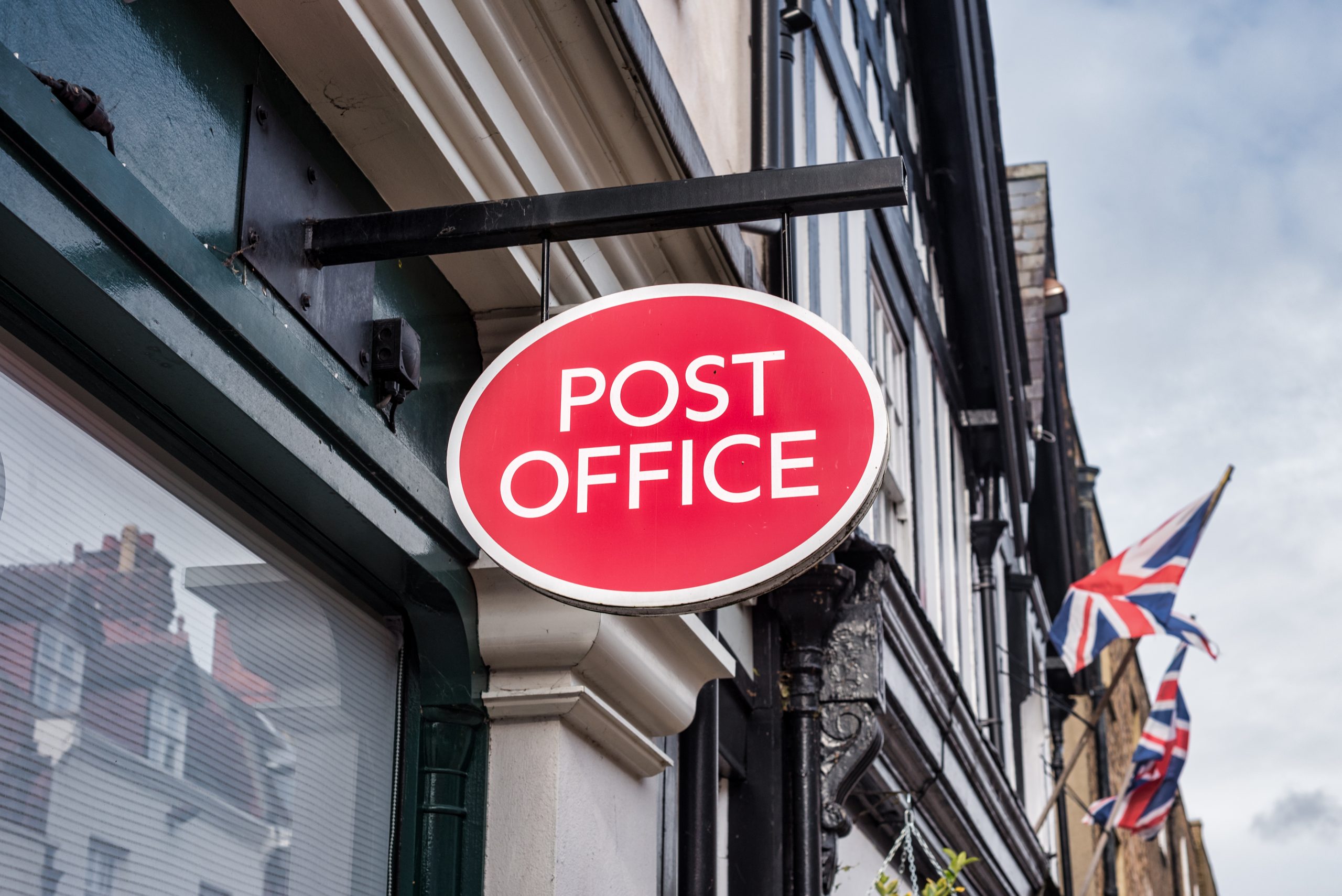News
Post Office cash deposits swell as bank branches close

The closure of a local banking branch increases the demand for cash deposits at the nearest Post Office by 27%, according to research.
Between April 2021 and March 2022, 800 bank branches closed.
While much of the concern and focus of research surrounding bank branch closures has centred on access to cash in terms of withdrawals, research has now revealed the impact this has on cash deposit services.
The study by the University of Sheffield’s Centre for Research into Accounting and Finance in Context, and the University of Bristol’s Personal Finance Research Centre, found that the knock-on effect of branch closures increases the demand for cash deposit services at the Post Office.
Indeed, the study found a clear pattern of deposit increases at Post Offices in the months following a bank branch closure, and where a Post Office is located within 1km of a branch closure, deposit volumes grew by 27%, compared to just 8% for those Post Offices not affected.
The report’s authors said the findings are significant as it highlights what people do when their local bank closes. The loss of access to a physical banking location “does not mean people will automatically switch to digital payments and banking services”.
Instead, individuals and local businesses look for an alternative to pay in their cash, which the Post Office offers to most UK banking customers.
The report noted: “Customers of a closing bank branch cannot simply deposit funds at another bank unless they become a customer; however, they may deposit funds at a Post Office branch instead without having to open up a new personal or business account with another bank”.
It stated: “Relative to those that didn’t have a bank closure, those Post Offices that experienced a nearby bank closure will have a bumper month whenever such a closure occurs”.
As such, the report highlights the importance of protecting – and improving – “mechanisms” such as the Post Office that consumers and businesses use to deposit cash when traditional banking services fail.
And with around 400 bank branches set to close by the end of this year, “this will make it ever more difficult for people and businesses to make deposits”, the universities claim.
Turning to cash withdrawals, the study noted that although cash withdrawals declined during the pandemic, they have since increased and stabilised at albeit below pre-lockdown levels.
‘Cash is not dead yet’
Dr Daniel Tischer, from the University of Sheffield’s Management School, one of the authors of the study, said: “During the Covid-19 pandemic, there was a lot of talk about the UK becoming cashless, as access to physical retail and service locations were restricted. And of course, many people today are much more comfortable paying with their debit card or mobile now than they were a few years ago.
“To see a sharp increase in people using the Post Office service after a bank branch shuts down, however, is not really that surprising if you think about it. Small businesses need to have a way to pay in the cash they take.
“What is important here is to recognise that cash is not dead yet, and that many people and local businesses still use cash on a daily basis and we must make sure that those that need access to cash service continue to do so in future.”
Jamie Evans, from the University of Bristol’s Personal Finance Research Centre, added: “In order to ensure that retailers can continue to accept cash as a means of payment, it is crucial that we don’t leave cash deposit facilities to crumble.
“While bank branch closures may seem increasingly inevitable, it is positive to see that Post Office branches are acting as the last line of defence for those individuals, businesses and charities that still depend on cash. Through co-ordinated action, such as the provision of shared banking hubs and proper scrutiny of banks’ decisions to close branches, communities need not be left behind.”